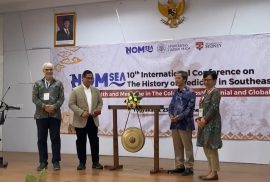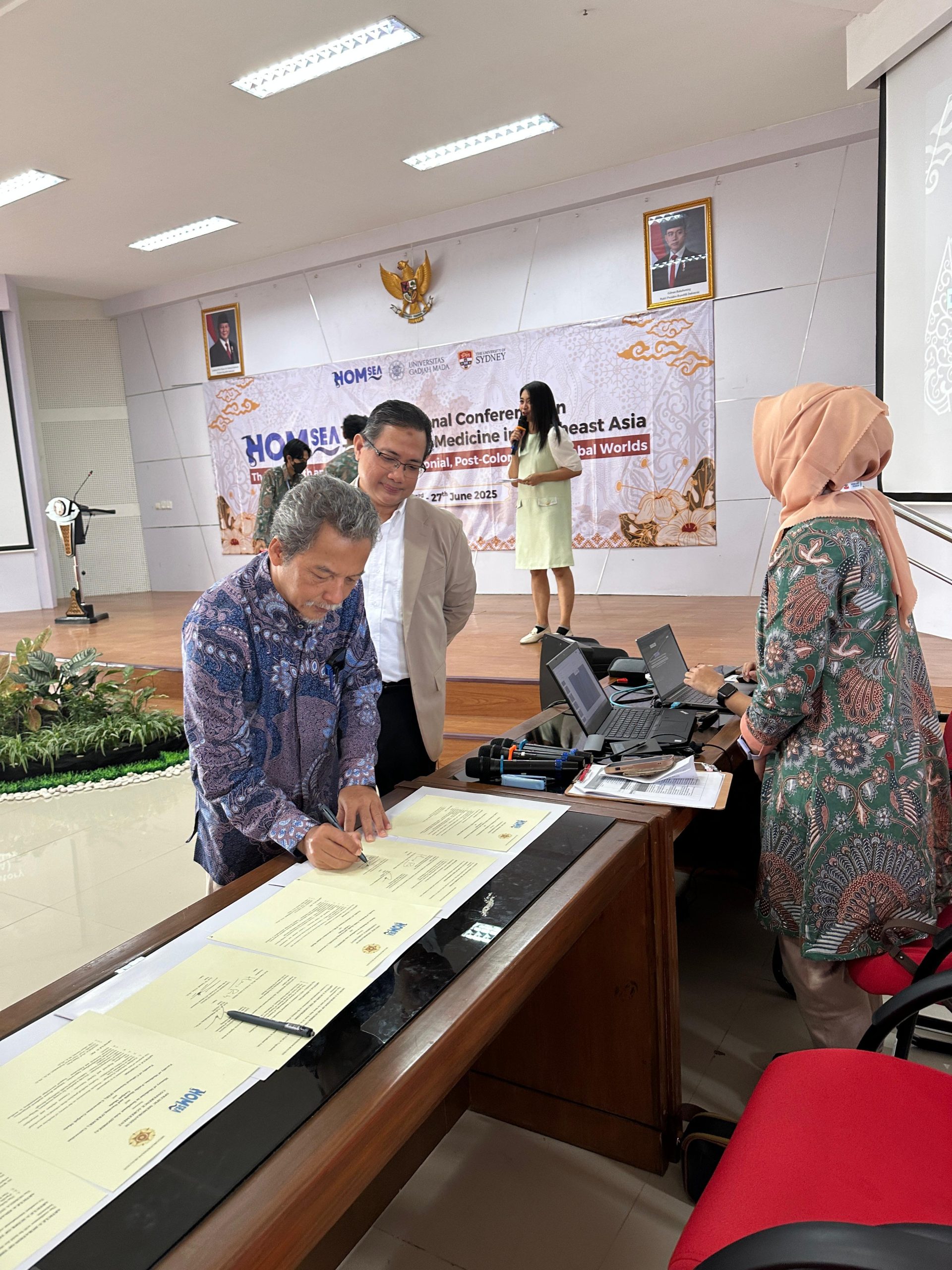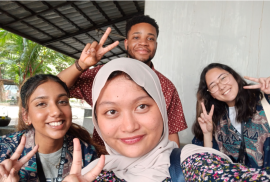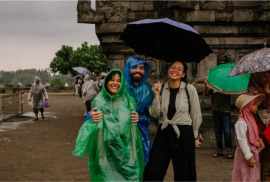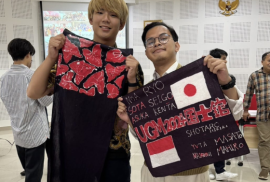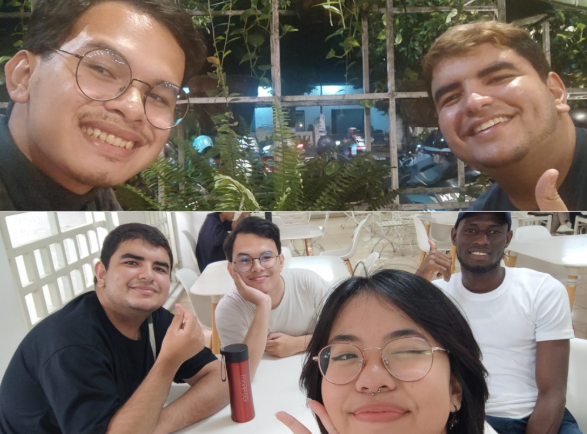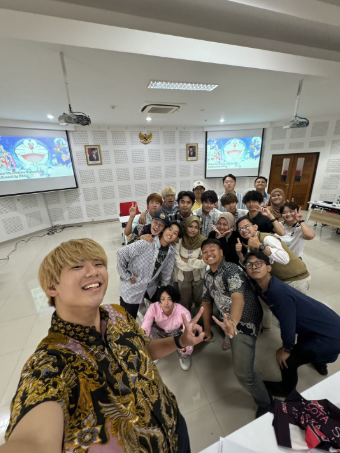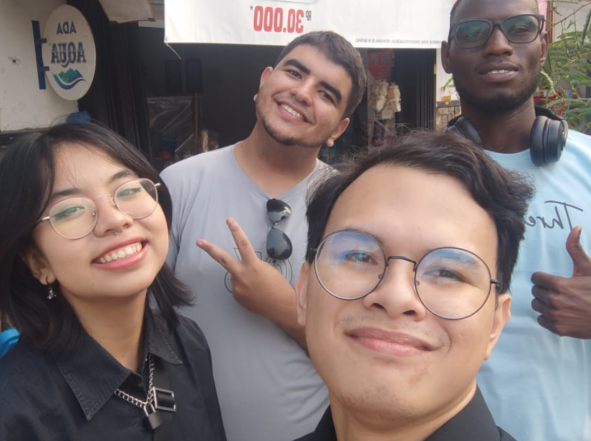Yogyakarta, 17/5/2025 – A proud achievement has once again been recorded by a student from Gadjah Mada University (UGM). Haris Arfakhsyadz Azka Maula, a student of the Arabic Literature Study Program at the Faculty of Cultural Sciences, successfully secured 2nd place in the prestigious International Arabic Speech Competition (Khiṭābah ‘Arabiyyah) held as part of the GEKA 7 International event.
The competition took place from May 14 to 17, 2025, at Muhammadiyah University of Yogyakarta (UMY) and served as an international stage featuring 26 participants from various renowned institutions, both domestic and abroad. Countries such as Malaysia, Thailand, and Turkey sent their best delegates. Notable foreign universities participating included Universiti Malaya, USIM, Universiti Kebangsaan Malaysia, and Fatoni University from Thailand.
In a competitive atmosphere filled with enthusiasm, Haris stood out as the sole delegate from UGM’s Arabic Literature program, showcasing his proficiency in Arabic while delivering a speech in front of an international jury and audience. With sharp rhetorical skills, a strong command of the language, and high confidence, Haris managed to impress the judges and secured the second position, just one point behind the first-place winner from Darussalam Gontor University.
“I feel very grateful. All of this is thanks to the guidance of my lecturers, the support of my friends, and the prayers from my parents who have always accompanied my journey.” Haris expressed emotion after the announcement of the winners.
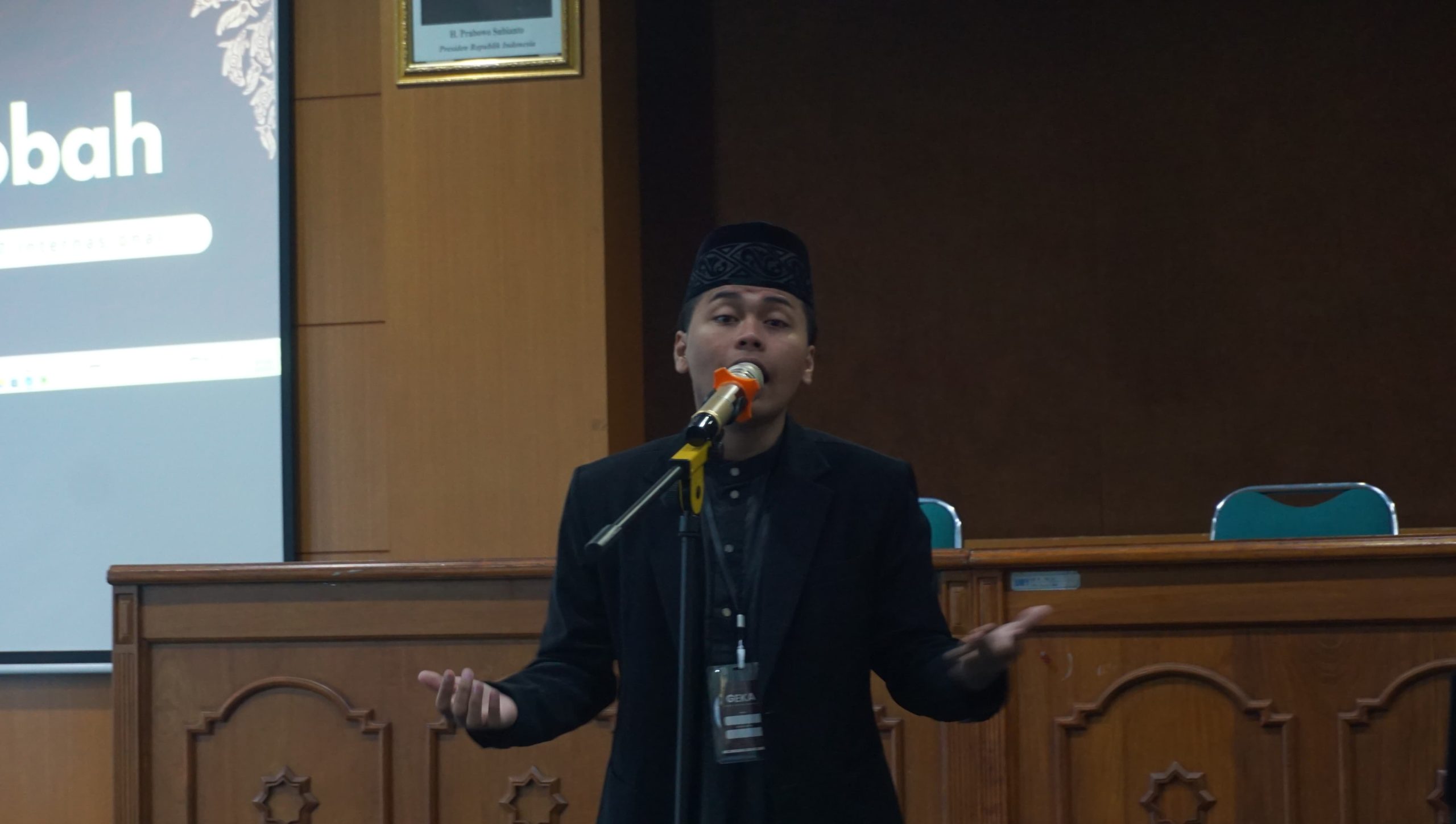
The International Arabic Speech Competition is a significant event that aligns with the Sustainable Development Goals (SDGs), particularly in promoting access to education and enhancing educational opportunities in developing countries. By participating in such international competitions, students like Haris not only gain valuable experience but also contribute to the global dialogue on education and cultural exchange.
As the world becomes increasingly interconnected, the importance of education in developing countries cannot be overstated. Events like the International Arabic Speech Competition provide a platform for students to showcase their talents and foster a sense of community among diverse cultures. Haris’s achievement is a testament to the potential that lies within students when given access to quality education and opportunities.
This achievement is tangible proof that Indonesian students, especially in the humanities field like Arabic Literature, can compete and excel on the international stage. Haris’s victory also reflects the quality of education and the collaborative spirit within the UGM academic environment, which continuously encourages its students to excel and contribute in global forums.
Haris Arfakhsyadz Azka Maula’s story is not just about competition; it embodies the spirit of learning, dedication, and the belief that language is a bridge to the world. This achievement serves as an inspiration for the younger generation to dare to dream and take steps further.
[Public Relations of FIB UGM, Candra Solihin]

